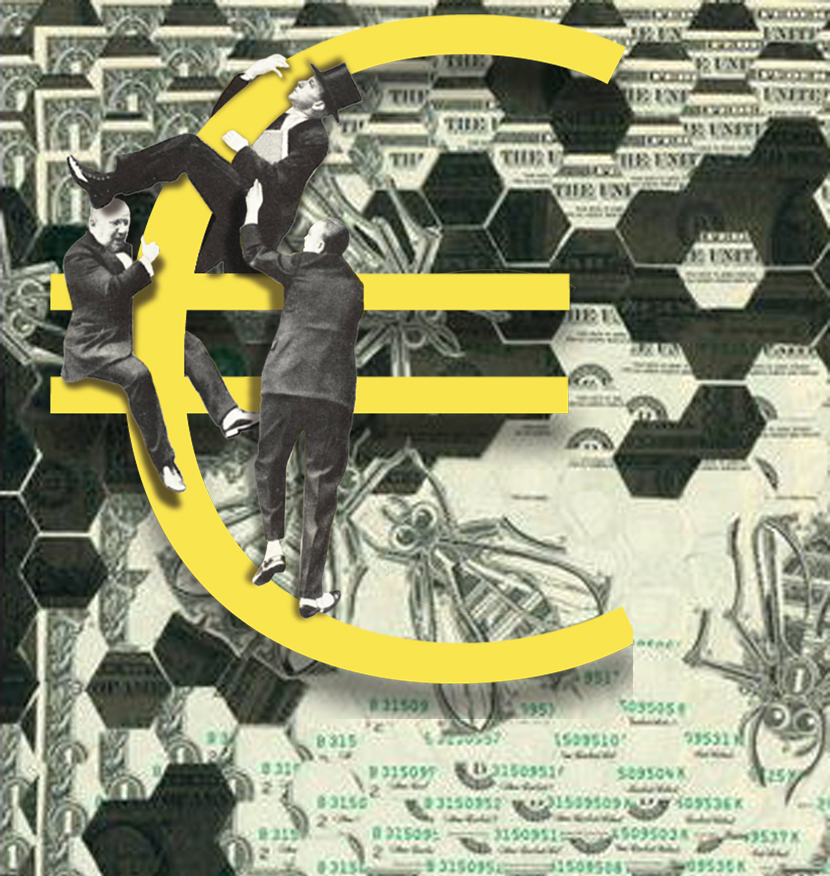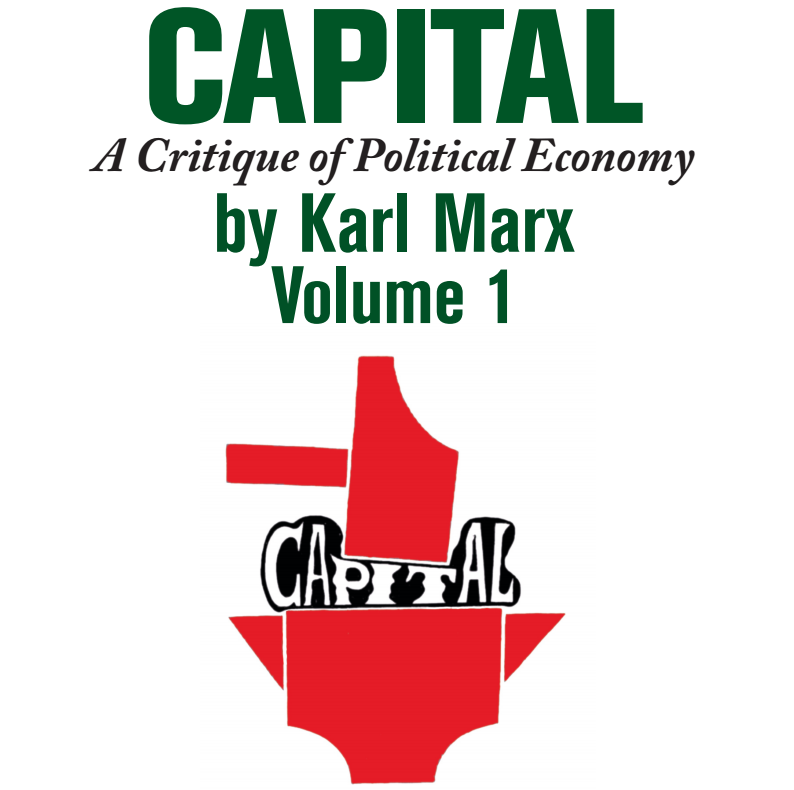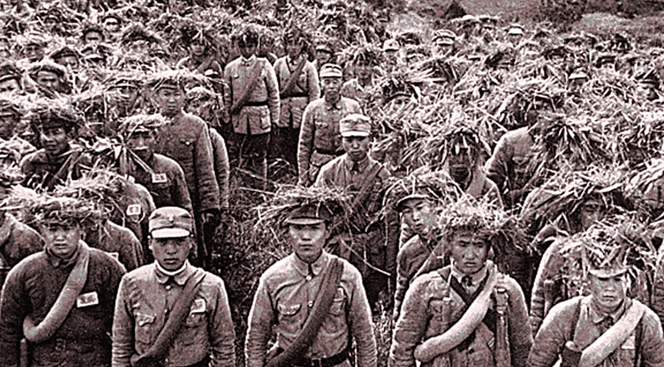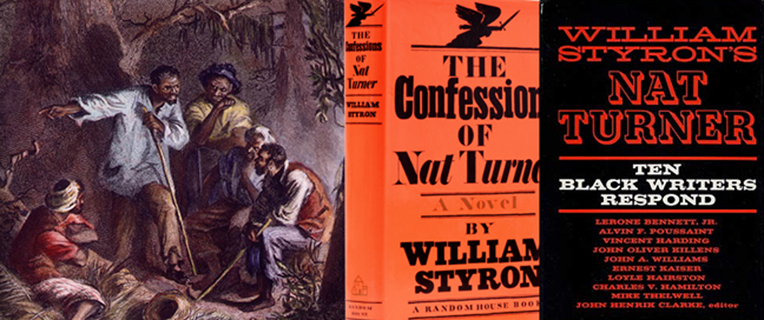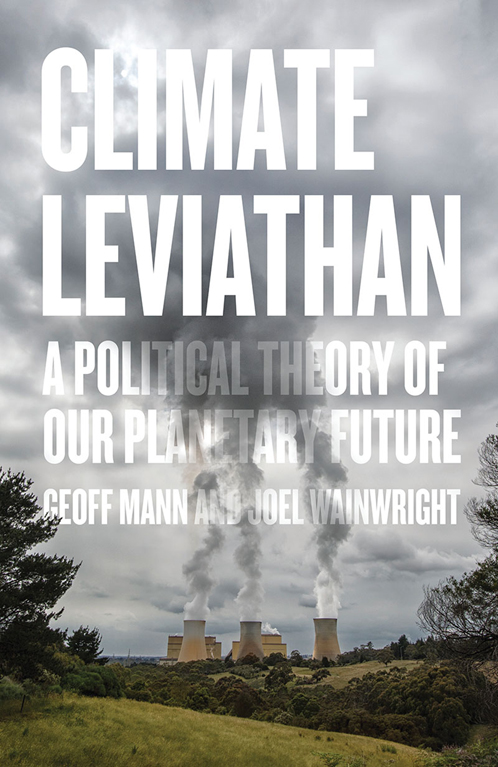The Political Economy of Money and Finance
This reading group will undertake a close reading (over 10 weeks) of Costas Lapavitsas and Makoto Itoh’s book Political Economy of Money and Finance. The book attempts to offer a systematic theoretical examination of money and finance by re-examining the classical foundations of political economy and the creator of money and assessing all of the important theoretical schools since then, including Marxist, Keynesian, post-Keynesian and monetarist thinkers.
Capital: Volume 1
This group will meet each Saturday to discuss Volume One of Capital. There will be a close reading of the text. All questions on each section will be addressed and the reading discussion leaders will be prepared to assist between sessions on areas that may be difficult to understand.
The Chinese Revolution: 1930-1949
We begin with the Chinese Revolution in 1930, after the nationalist party led by Chiang Kai Shek turned on the mass movement, slaughtered militant workers and peasants, and declared war on Communists. After the war, the struggle between the armies of Chiang Kai Shek and the Communists resumed, ending with Chiang's fleeing to Taiwan and the final victory of the Communist army in 1949.
Styron’s Confessions of Nat Turner
In Styron's novel and in the response from 10 African-American writers, numerous questions concerning race, class, the rendering of historical presentation, claims on sectors of our shared history, etc. are raised. We will discuss as many of these questions as possible including having a careful read of James Baldwin’s essay concerning the work and subsequent controversy.
The Political Economy of Money and Finance
This reading group will undertake a close reading (over 10 weeks) of Costas Lapavitsas and Makoto Itoh’s book Political Economy of Money and Finance. The book attempts to offer a systematic theoretical examination of money and finance by re-examining the classical foundations of political economy and the creator of money and assessing all of the important theoretical schools since then, including Marxist, Keynesian, post-Keynesian and monetarist thinkers.
Capital: Volume 1
This group will meet each Saturday to discuss Volume One of Capital. There will be a close reading of the text. All questions on each section will be addressed and the reading discussion leaders will be prepared to assist between sessions on areas that may be difficult to understand.
The Chinese Revolution: 1930-1949
We begin with the Chinese Revolution in 1930, after the nationalist party led by Chiang Kai Shek turned on the mass movement, slaughtered militant workers and peasants, and declared war on Communists. After the war, the struggle between the armies of Chiang Kai Shek and the Communists resumed, ending with Chiang's fleeing to Taiwan and the final victory of the Communist army in 1949.
Styron’s Confessions of Nat Turner
In Styron's novel and in the response from 10 African-American writers, numerous questions concerning race, class, the rendering of historical presentation, claims on sectors of our shared history, etc. are raised. We will discuss as many of these questions as possible including having a careful read of James Baldwin’s essay concerning the work and subsequent controversy.
The Political Economy of Money and Finance
This reading group will undertake a close reading (over 10 weeks) of Costas Lapavitsas and Makoto Itoh’s book Political Economy of Money and Finance. The book attempts to offer a systematic theoretical examination of money and finance by re-examining the classical foundations of political economy and the creator of money and assessing all of the important theoretical schools since then, including Marxist, Keynesian, post-Keynesian and monetarist thinkers.
Small Is Necessary
New Perspectives Theatre 456-458 West 37th Street, New York, NY, United StatesThis new book advocates not only for smaller dwellings in compact settlements but for shared spaces and facilities. Anitra presents a range of practical options from co-living in a household to co-housing and eco-villages. DUE TO A GENEROUS CONTRIBUTION, THIS IS NOW A FREE EVENT!
Styron’s Confessions of Nat Turner
In Styron's novel and in the response from 10 African-American writers, numerous questions concerning race, class, the rendering of historical presentation, claims on sectors of our shared history, etc. are raised. We will discuss as many of these questions as possible including having a careful read of James Baldwin’s essay concerning the work and subsequent controversy.
The Political Economy of Money and Finance
This reading group will undertake a close reading (over 10 weeks) of Costas Lapavitsas and Makoto Itoh’s book Political Economy of Money and Finance. The book attempts to offer a systematic theoretical examination of money and finance by re-examining the classical foundations of political economy and the creator of money and assessing all of the important theoretical schools since then, including Marxist, Keynesian, post-Keynesian and monetarist thinkers.
The Chinese Revolution: 1930-1949
We begin with the Chinese Revolution in 1930, after the nationalist party led by Chiang Kai Shek turned on the mass movement, slaughtered militant workers and peasants, and declared war on Communists. After the war, the struggle between the armies of Chiang Kai Shek and the Communists resumed, ending with Chiang's fleeing to Taiwan and the final victory of the Communist army in 1949.
Climate Leviathan
How will anthropogenic climate disruption transform alter the world’s basic political arrangements? In their new book Climate Leviathan, Geoff Mann and Joel Wainwright warn that global warming will push capitalist elites toward an authoritarian imposition of “planetary sovereignty” to confront the crisis.
The Political Economy of Money and Finance
This reading group will undertake a close reading (over 10 weeks) of Costas Lapavitsas and Makoto Itoh’s book Political Economy of Money and Finance. The book attempts to offer a systematic theoretical examination of money and finance by re-examining the classical foundations of political economy and the creator of money and assessing all of the important theoretical schools since then, including Marxist, Keynesian, post-Keynesian and monetarist thinkers.

